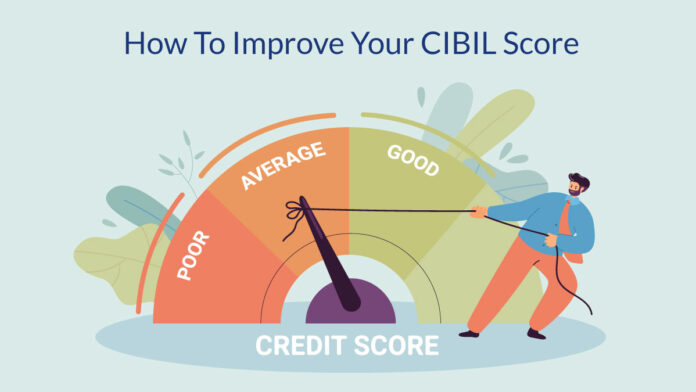Your CIBIL score is something beyond a number; it demonstrates your financial discipline and credit worthiness. Lenders and financial institutions frequently take your CIBIL score into account when determining your creditworthiness, regardless of whether you are applying for a loan, a credit card, or even renting a property. We discuss the significance and advantages of maintaining a healthy CIBIL score, as well as the positive effects it can have on your financial journey.
Getting a handle on the CIBIL Score:
In a three-digit numerical summary, the CIBIL score ranges from 300 to 900, with 900 being the highest. It is based on your credit history, which includes things like payments on credit cards, loans, and other financial transactions. This score is used by lenders to evaluate your creditworthiness and determine the risk of lending you money.
Easy Access to Credit:
A wide range of credit opportunities are made possible by having a high CIBIL score. If you have a high credit score, lenders are more likely to approve your credit card or loan application. A good credit score shows that you can responsibly manage your credit, which gives lenders confidence in your ability to pay back loans. When you need loans, credit cards, or other forms of credit, this makes it easier for you to get them.
It impacts your access to credit, loan costs, arranging power, and, surprisingly, non-monetary parts of your life, like rentals and protection. You can build and maintain a strong CIBIL score by practicing responsible financial habits, paying bills on time, and responsibly managing credit. Keep in mind that having a high credit score makes it easier for you to access financial opportunities and gives you the confidence to achieve your financial objectives.












